This is a past event. Registration is closed. View other Digital Education Futures Initiative events.
Save the date
Save the dateMarch 27, 202309:30 - 16:30 GMT+1 Add to Calendar
Venue Location
Venue LocationShow on map
Faculty of Education, University of Cambridge
184 Hills Rd
Cambridge, England, United Kingdom
Organizer
Organizer
Organizer: Digital Education Futures Initiative
Contact Person: DEFI Cambridge
Email: defi@hughes.cam.ac.uk
Event Details
Event Details
Join us at the Faculty of Education or online as we convene leading voices from across the Cambridge eco-system and the global DEFI network. ED2123 is an opportunity to address creativity as a component of human flourishing and what it looks like in 21st century, the boundaries between ML/AI and human creativity, the interaction of EdTech and human educators, and the limitations and potential of modern tools and knowledge to assess creativity.
Agenda
Agenda
09:30 - 10:00
Arrival and coffee
Arrival and coffee
10:00 - 10:05
Welcome and introductions
Welcome and introductions
DEFI founder and Director Prof Rupert Wegerif welcomes and introduces the day and its aims, while event host and DEFI entrepreneur-in-residence Zubair Junjunia sets the stage for our speakers.10:05 - 10:40
Keynote presentation - Exploring how AI impacts human cognitive and moral capabilities, and what is the future of creativity in human+AI teams in the 21st century.
Keynote presentation - Exploring how AI impacts human cognitive and moral capabilities, and what is the future of creativity in human+AI teams in the 21st century.
Impacts of global intelligence systems on humanity’s space of ideas10:40 - 11:10
Keynote presentation - Assessing curiosity and creativity in the IB and the potential impact of AI tools
Keynote presentation - Assessing curiosity and creativity in the IB and the potential impact of AI tools
The IB Learner Profile (IBLP) is the guiding pedagogical outcome for all four educational programmes for students in the ages 3 to 18, as well as the guiding principle for the design of IB assessments. It is aligned with 21C pedagogy, fostering creativity, collaboration, curiosity and critical thinking (4Cs). The value IB places on the 4Cs is evident in assessment design and rubrics, explicitly rewarding aspects of creativity and curiosity as evidenced in assessment products where possible. IB r...The IB Learner Profile (IBLP) is the guiding pedagogical outcome for all four educational programmes for students in the ages 3 to 18, as well as the guiding principle for the design of IB assessments. It is aligned with 21C pedagogy, fostering creativity, collaboration, curiosity and critical thinking (4Cs). The value IB places on the 4Cs is evident in assessment design and rubrics, explicitly rewarding aspects of creativity and curiosity as evidenced in assessment products where possible. IB recognizes the release of sophisticated AI tools as an unavoidable development. While AI tools currently by many are seen as a threat to common assessment formats, IB standpoint is that assessment and assessment design will need to adjust. In what ways will AI benefit the learning and practice of 21CS? Will it strangle or free up creative thinking? How important will critical thinking and writing skills be?view more11:10 - 11:35
Coffee break
Coffee break
11:35 - 12:10
Keynote presentation - Approaches to creativity assessment - a journey
Keynote presentation - Approaches to creativity assessment - a journey
Despite the fact that research on creativity skills have garnered the attention of researchers and practitioners for decades there is a lack of valid, reliable and accessible instruments for enhancing and measuring these critical skills. Leveraging insights from research and development of the first global assessment of creative thinking in the Programme for International Student Assessment (PISA) 2022 and formative assessment of creative thinking embedded into learning-through-play by The LEGO ...Despite the fact that research on creativity skills have garnered the attention of researchers and practitioners for decades there is a lack of valid, reliable and accessible instruments for enhancing and measuring these critical skills. Leveraging insights from research and development of the first global assessment of creative thinking in the Programme for International Student Assessment (PISA) 2022 and formative assessment of creative thinking embedded into learning-through-play by The LEGO Foundation and BrainPOP, this presentation will introduce new methods for helping learners demonstrate their creative potential across a range of contexts and modalities. Examples for technology-enhanced assessment tasks and human-centered AI technologies will be presented and future directions for further development of creative thinking assessment and development will be discussed.view more12:10 - 12:35
Q&A Session
Q&A Session
Online and in-person audience have the opportunity to ask questions to the panel. Moderator: Karl Prince12:35 - 13:35
Lunch
Lunch
Lunch will take place in the open area outside the conference room.13:40 - 14:45
Workshop: Using analogical thinking for problem and solution exploration
Workshop: Using analogical thinking for problem and solution exploration
In this workshop, we will discuss the importance of creativity in the workplace, and review a range of approaches that can be used to improve creative performance and creative confidence. In particular, we will focus on how analogical thinking can be used to explore different interpretations of 'the problem' and to generate different directions for 'the solution'.
Attendees of this session will gain:
- an appreciation of what employers and employees are looking for when they ask ...In this workshop, we will discuss the importance of creativity in the workplace, and review a range of approaches that can be used to improve creative performance and creative confidence. In particular, we will focus on how analogical thinking can be used to explore different interpretations of 'the problem' and to generate different directions for 'the solution'.view more
Attendees of this session will gain:
- an appreciation of what employers and employees are looking for when they ask for 'more creativity'
- an understanding of the range of approaches that can be used to boost creative performance
- experience of working with one of these approaches to explore problems and solutions (either individually or in a group).14:45 - 15:05
Afternoon break
Afternoon break
15:05 - 16:10
Workshop - framing AI and creativity as new opportunities and offering the chance to think otherwise.
Workshop - framing AI and creativity as new opportunities and offering the chance to think otherwise.
Dr Annouchka Bayley (SFHEA) will lead a workshop to include the framing of AI and creativity as new opportunities to engage with speculative futurings (O'Sullivan) and experiments in thinking otherwise (Olufemi). In this workshop we will explore what's at stake in AI futures, what new forms of participation it requires/allows for, and what innovative, democratic initiatives might look like in our future-present16:10 - 16:30
Feedback, reflections and closing remarks
Feedback, reflections and closing remarks
Speakers
Speakers

Annouchka Bayley
Lecturer at Faculty of Education, University of Cambridge
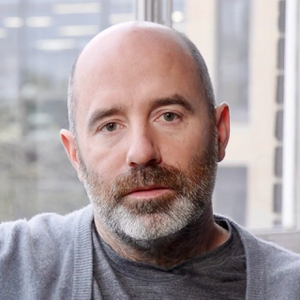
Nathan Crilly
Professor of Design, Department of Engineering at University of Cambridge
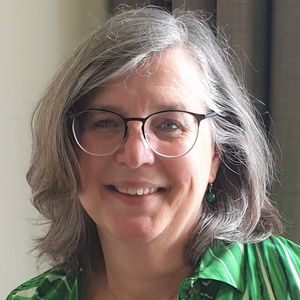
Rebecca Hamer
Senior Manager, Assessment Research and Design at International Baccalaureate
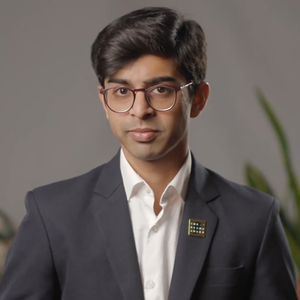
Zubair Junjunia
Entrepreneur-in-Residence at Digital Education Futures Initiative
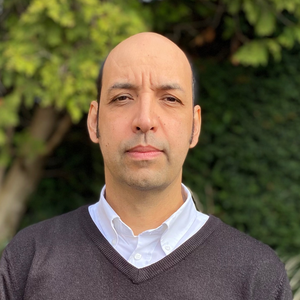
Karl Prince
Director of Knowledge Innovation, Cambridge Digital Innovation at Hughes Hall Bridge
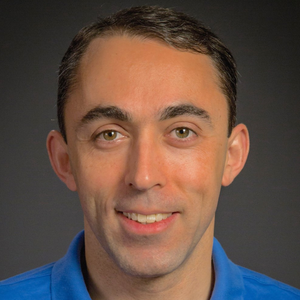
Yigal Rosen
Chief Academic Officer at BrainPOP
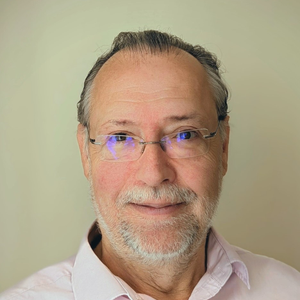
Rupert Wegerif
Director of Digital Education Futures Initiative
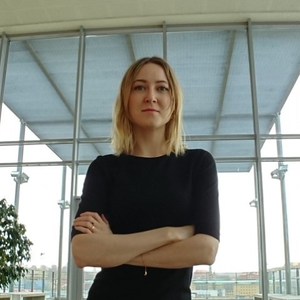
Anna Katariina Wisakanto
Visiting Scholar at Leverhulme Centre for the Future of Intelligence at University of Cambridge







